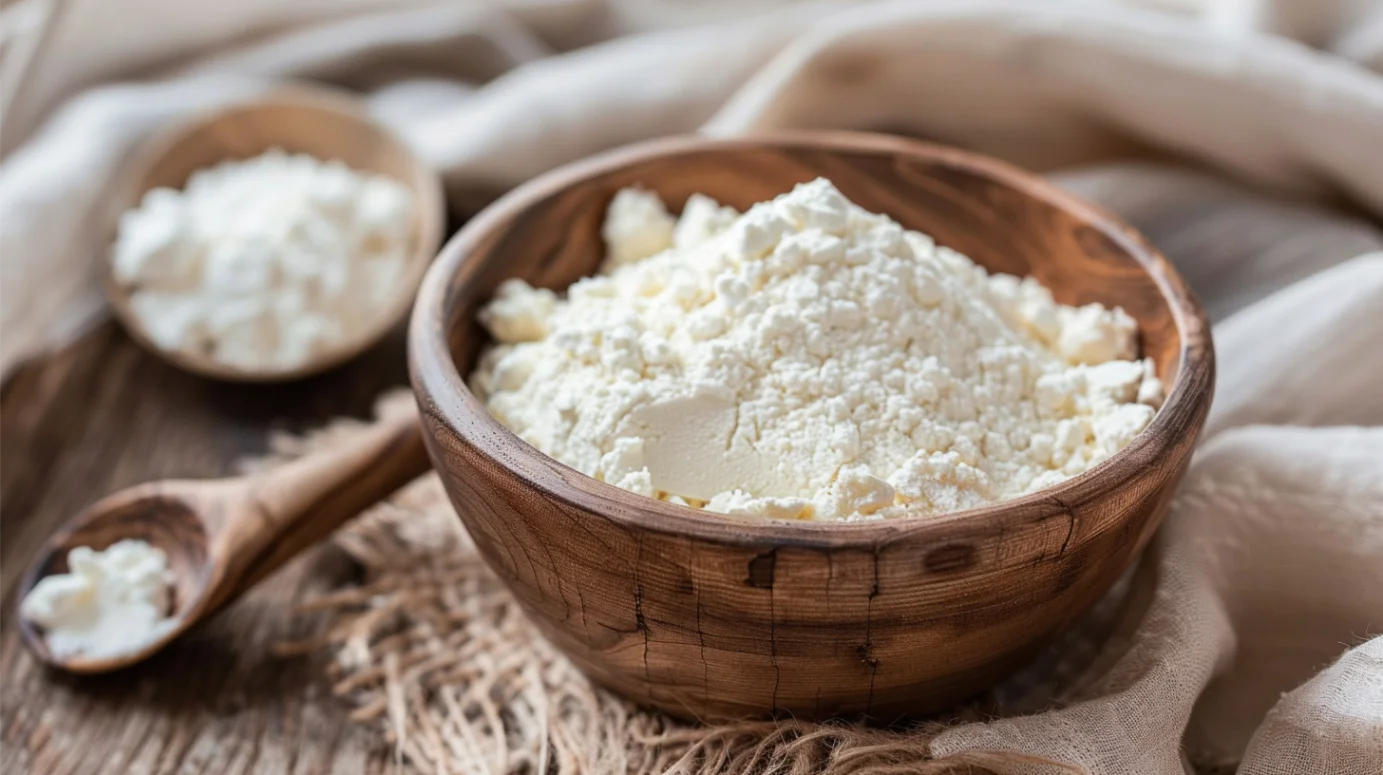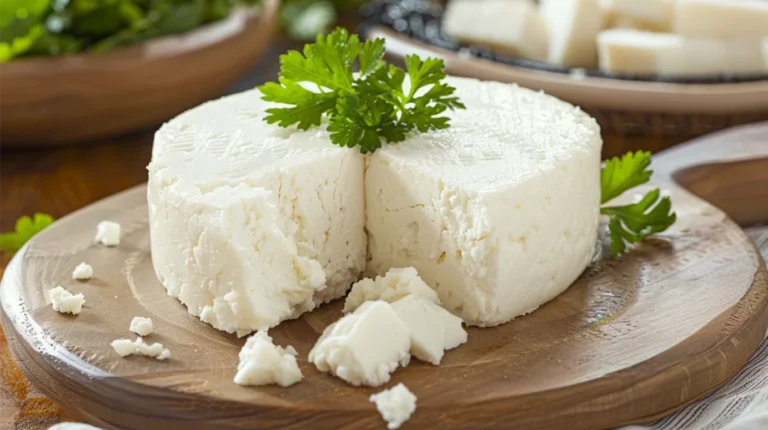The pictures in our articles might not always show exactly what the text is talking about. We use these images to make the article more interesting and eye-catching. They are there to add to the text, but not to replace it or show every detail.
Are you curious about the versatile world of milk powder? Whether you're a fitness enthusiast, a parent, or simply someone looking for a convenient dairy alternative, milk powder has a lot to offer. In this comprehensive guide, we'll explore 10 fascinating facts about milk powder that will make you see this pantry staple in a whole new light.
1. A Protein Powerhouse
Milk powder is a protein powerhouse, packed with all the essential amino acids your body needs. This makes it an excellent choice for anyone looking to boost their protein intake, from athletes to growing children. The high-quality protein in milk powder supports muscle growth, tissue repair, and overall body function.
2. Nutrient-Dense Goodness
Beyond protein, milk powder is a treasure trove of essential nutrients. It's fortified with vitamins and minerals that are crucial for your health:
This nutrient density makes milk powder a valuable addition to your diet, especially if you're looking to fill nutritional gaps.

3. Extended Shelf Life Champion
One of the most significant advantages of milk powder is its impressive shelf life. Unlike fresh milk, which spoils quickly, milk powder can be stored for months or even years without refrigeration. This makes it an excellent option for:
Its long shelf life also means less food waste, making it an environmentally friendly choice.
4. Versatility in the Kitchen
Milk powder isn't just for reconstituting into liquid milk. It's a versatile ingredient that can elevate your culinary creations:
Experimenting with milk powder in your recipes can open up a world of new flavors and textures.
5. Travel-Friendly Dairy
For travelers and outdoor enthusiasts, milk powder is a game-changer. Its lightweight, compact form makes it easy to pack and carry. Whether you're:
Milk powder ensures you can enjoy the goodness of milk wherever your adventures take you.
6. Lactose-Friendly Option
For those with lactose intolerance, milk powder can be a more digestible alternative to fresh milk. The process of creating milk powder often reduces lactose content, making it easier on sensitive stomachs. However, it's important to note that milk powder isn't entirely lactose-free, so individuals with severe lactose intolerance should still exercise caution.
7. Weight Management Ally
If you're watching your waistline, milk powder can be a helpful addition to your diet. Its high protein content promotes satiety, helping you feel fuller for longer. This can potentially reduce overall calorie intake and support weight management goals. Plus, you can easily control portion sizes when using milk powder, making it a convenient option for those tracking their nutritional intake.
8. Bone Health Booster
The calcium content in milk powder makes it a superstar for bone health. Regular consumption of milk powder can contribute to:
This is particularly important for growing children, pregnant women, and older adults who have increased calcium needs.
9. Economic Dairy Solution
In many cases, milk powder can be a more cost-effective option compared to fresh milk. Its long shelf life means you can buy in bulk without worrying about spoilage, potentially saving money in the long run. This makes it an attractive option for:
10. Historical Significance
Did you know that milk powder has a rich history dating back to the early 19th century? The first modern production process was invented by Russian doctor Osip Krichevsky in 1802. Since then, milk powder has played a crucial role in:
Its ability to provide essential nutrients in a shelf-stable form has made milk powder a valuable resource throughout history.
Conclusion
From its impressive nutritional profile to its versatility in the kitchen, milk powder is truly a remarkable food. Whether you're looking to boost your protein intake, find a travel-friendly dairy option, or simply want a convenient alternative to fresh milk, milk powder has you covered.
As with any food, it's important to choose high-quality milk powder and use it as part of a balanced diet. Always check the label for additives and opt for products that align with your dietary needs and preferences.
Have you incorporated milk powder into your diet or cooking routine? We'd love to hear about your experiences and creative uses for this versatile ingredient. Share your thoughts in the comments below!
FAQ
Q: Is milk powder as nutritious as fresh milk?
A: While milk powder contains many of the same nutrients as fresh milk, some vitamins may be lost during the drying process. However, many milk powders are fortified to replace these nutrients, making them nutritionally comparable to fresh milk.
Q: How do I reconstitute milk powder?
A: Generally, you'll mix about 1/3 cup of milk powder with 1 cup of water to make liquid milk. However, always follow the instructions on your specific product for the best results.
Q: Can I use milk powder in baking?
A: Absolutely! Milk powder can add richness and flavor to baked goods. It's particularly useful in recipes where you want to add milk flavor without additional liquid.
Q: How long does milk powder last?
A: Properly stored milk powder can last up to 2-10 years, depending on the type and storage conditions. Always check the expiration date and store in a cool, dry place.
Q: Is milk powder suitable for people with lactose intolerance?
A: While milk powder often has reduced lactose content compared to fresh milk, it's not lactose-free. People with mild lactose intolerance may tolerate it better than fresh milk, but those with severe intolerance should consult a healthcare professional.
Remember, milk powder is a versatile and nutritious ingredient that can be a valuable addition to your pantry. Whether you're using it for its extended shelf life, nutritional benefits, or culinary applications, milk powder offers a world of possibilities. Happy cooking and eating!






